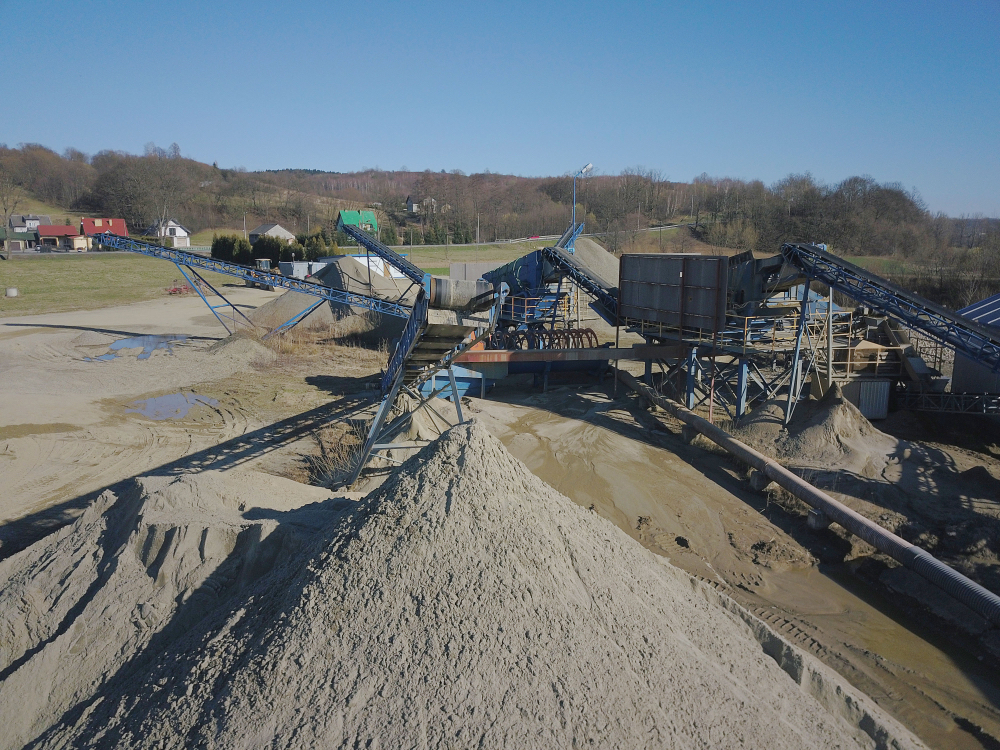
In the construction industry, there are different rules for payment regarding public and private projects. The differences can include prompt payment, retainage, and of course surety bonds, among others. In order to avoid liability and to protect subcontractors and suppliers, states require contractors on public projects to post bonds. Should a contractor fail to pay a party down the chain, that party can make a claim on the surety bond. With new legislation passed for Rhode Island public projects, contractors had better check twice to make sure subs and suppliers have been paid. The penalties for nonpayment are steep. Very steep.
Penalties for Nonpayment on Rhode Island Public Projects
Rhode Island’s Little Miller Act seems pretty standard at first glance. The statute calls for a surety bond on public projects exceeding $50,000, and the bond must cover between 50 and 100% of the contract total. Under the Act, the prime contractor must keep all covenants, conditions, agreements, and alterations made pursuant to the contract. The contractor shall also indemnify and hold harmless the public authority who awarded the project. None of the previous provisions of Rhode Island’s Little Miller Act have been altered.
Going into effect August 15, however, Rhode Island has added some serious firepower to enforce penalties under the Act. With the passage of H 8193, Rhode Island public projects may now enforce the payment provisions of its Little Miller Act with §37-13-14.1(b). By bringing in the penalties outlined in this section, contractors and their sureties could face enormous liability.

Send a Preliminary Notice
We’re the Preliminary Notice experts. With us it’s fast, easy, and done right.
Send Now§37-13-14.1
By bringing in §37-13-14.1(b), a surety is also liable for civil penalties when a claim is successfully made against the bond. The penalties adhere the the guidelines below.
Upon direction to pay wages or supplements (including interest), the surety will also face a penalty that can reach up to three times (!) the amount of the claim. So, after already losing the amount of the claim, a surety could potentially have to pay an additional 3x that amount to the state in the form of civil penalties.
When the penalty is assessed, the following factors will be considered: size of the business in violation, good faith, egregiousness of the violation, the business’ history of violations, and compliance with other record keeping requirements, and other factors not related to payment.
Again, the surety will be liable for this sum, which seems like contractors might not bear the brunt of the punishment. But with a dramatic increase in the liability taken, insurers will undoubtedly reflect this in pricing bonds. Also, there’s one more provision contractors should keep an eye on…
Potential criminal liability! If the amount owed exceeds $5,000, the violation shall constitute a misdemeanor and the matter will be referred to the office of the attorney general. The misdemeanor will result in a fine of not more than $1,000 and/or imprisonment for up to a year. The factors mentioned above will be considered in the amount of the punishment.
Conclusion
The Ocean State means business. Do not miss payments on Rhode Island public projects! The potential for such heavy civil penalties will strike fear in the hearts of sureties. This, in turn, will lighten the wallets of contractors due to increased costs of bonds. While these penalties should work wonders in ensuring the prompt payment of subs and suppliers, the question is, quite literally, “At what cost?” If sureties will have to increase the price of bonds to keep up with rising liabilities, contractors will likely pass those costs along in order to maintain a healthy profit margin. So the cost of speeding up payments just might fall back onto the parties who are receiving those payments. The new legislation will be a net positive for subs and suppliers, but Rhode Island’s methods also limit the benefits of speedy payments for subcontractors and suppliers.
Previously, we have provided full text of nationwide Little Miller Acts. We’ve also provided FAQs for the federal Miller Act.

